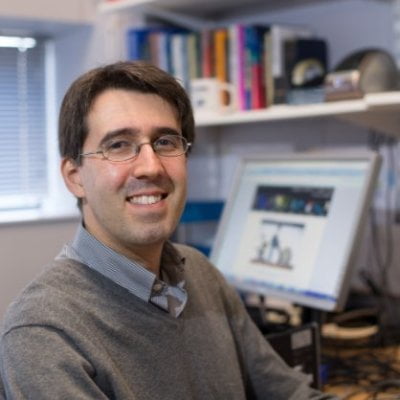Human Ageing Genomic Resources
Useful Links
HAGR
An important element of our work is the development of tools and methods for aiding research on the biology and genetics of ageing, in particular, computational tools like databases and algorithms. These are made available on the Human Ageing Genomic Resources (HAGR). Most notably, HAGR features six core databases: 1) the GenAge database of ageing-related genes; 2) the AnAge database of animal ageing and longevity, featuring >4000 species; 3) the GenDR database with >200 genes associated with the life-extending effects of dietary restriction; 4) the LongevityMap database of human genetic association studies of longevity with >500 entries; 5) the DrugAge database of longevity-associated drugs or compounds; 6) the CellAge database of genes associated with cell senescence. Bioinformatics tools and software are also available on HAGR.
HAGR has been featured in Science (307:187) and Nature Reviews Genetics (5:1362), among other journals, and its resources have been cited hundreds of times.
Digital Ageing Atlas
A complementary resource to HAGR is the Digital Ageing Atlas, a web portal combining molecular, physiological and pathological age-related data. Our goal is for this portal to serve as the first centralized collection of human ageing changes and pathologies.
Genome Resources
To facilitate analyses and studies in long-lived, exotic animals we developed two genome resources: The Naked Mole Rat Genome Resource, focused on this unique long-lived, cancer-resistant species; and the Bowhead Whale Genome Resource focused on the longest living mammal.
Research Training and Tutorials
In addition to conducting innovative research, our group aims to train and inspire students to study the biology of ageing. Therefore, in parallel to HAGR, we maintain the senescence.info website, which is an educational resource on the science of ageing. It includes numerous tutorials, essays on the biology of ageing, a list of companies and researchers working on ageing, and other resources related to the study of ageing.
Students and researchers wishing to learn more about ageing are encouraged to visit senescence.info. Our group’s website also features extensive cross-links with senescence.info which thus serves as an additional source of information.
Tools for Functional Genomics
Although our research is primarily focused on ageing, we also develop broader bioinformatics tools for functional genomics and systems biology. In particular, we developed a co-expression tool called GeneFriends. Briefly, we constructed genome-wide co-expression maps for various organisms, including humans and mice.
Using a guilt-by-association method, we then developed the GeneFriends tool for candidate gene prioritization based on a seed list of genes (which can be associated with any process or disease of interest) and to derive putative functions of unstudied genes.
Materials and Data Sharing
For supplementary materials resulting from our research projects, please refer to our publications. If you require any data, reagent, protocol or software mentioned in a publication that is not provided on our website or publication please contact us.
We are committed to open access and sharing of data, methods, materials and publications resulting from our work.


